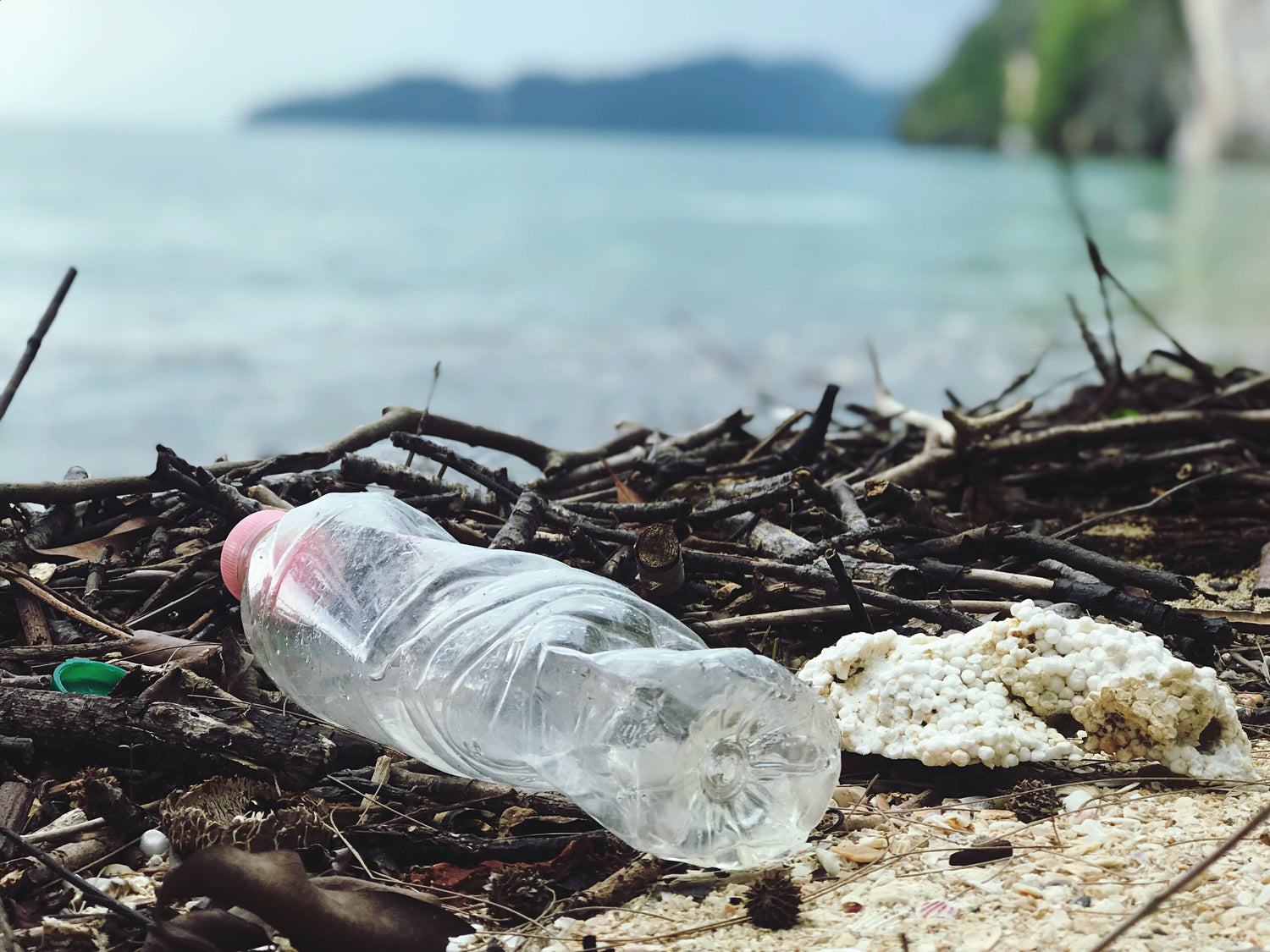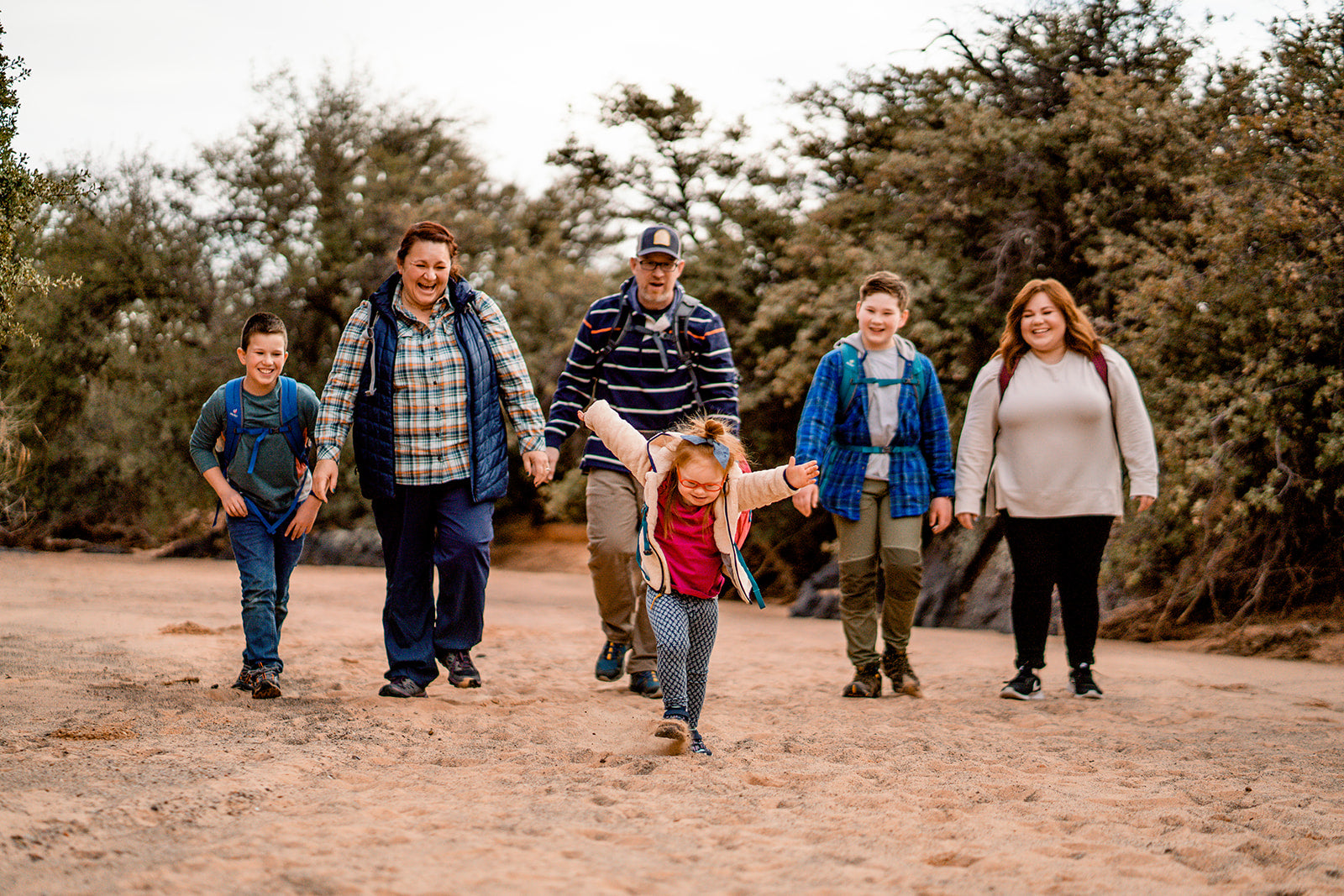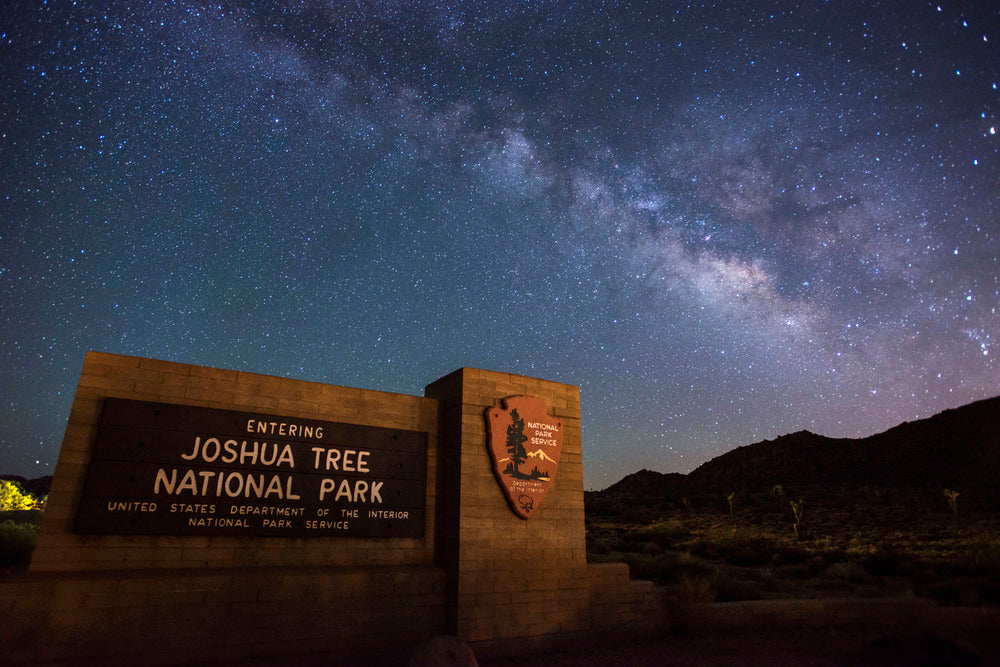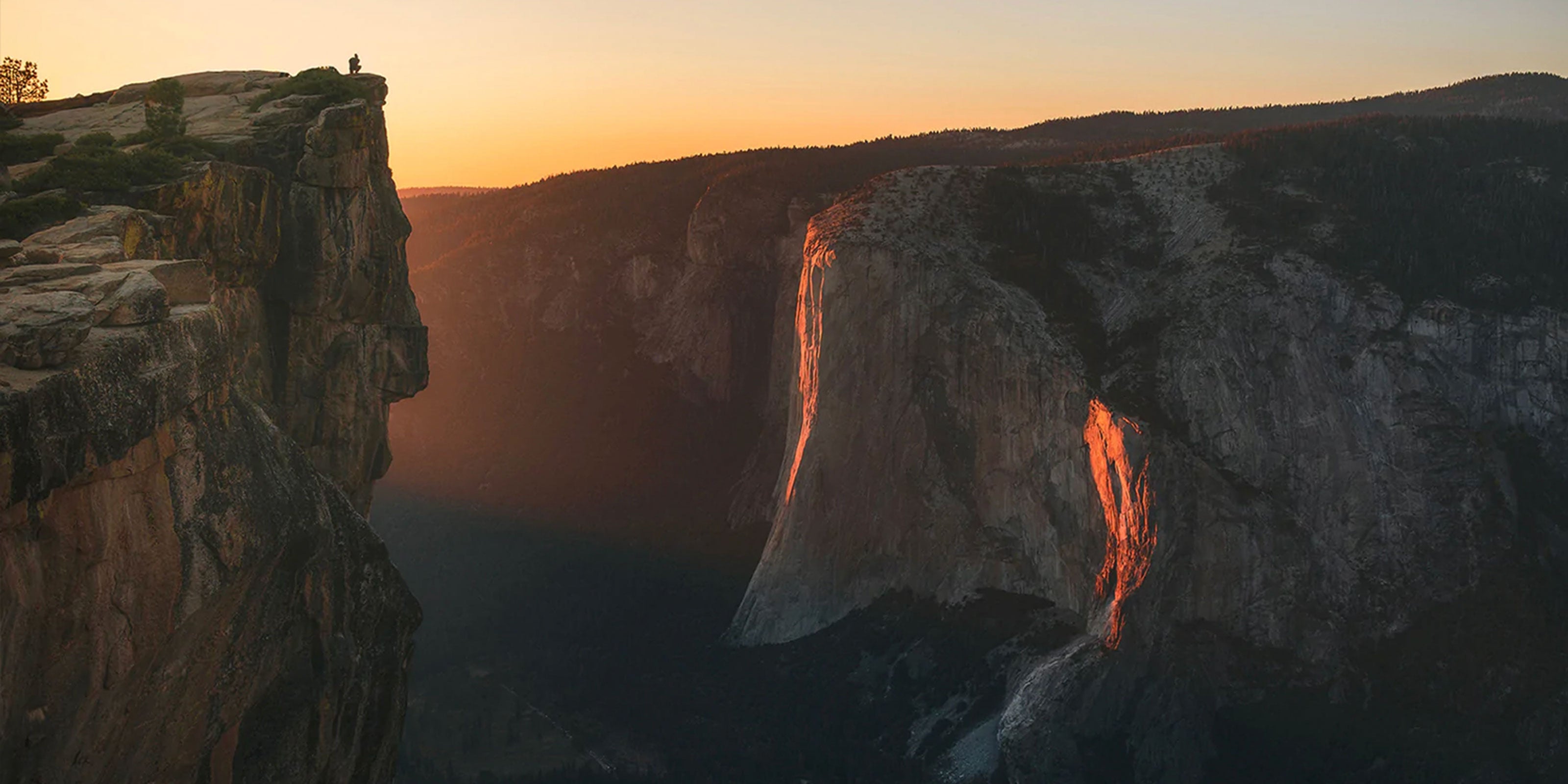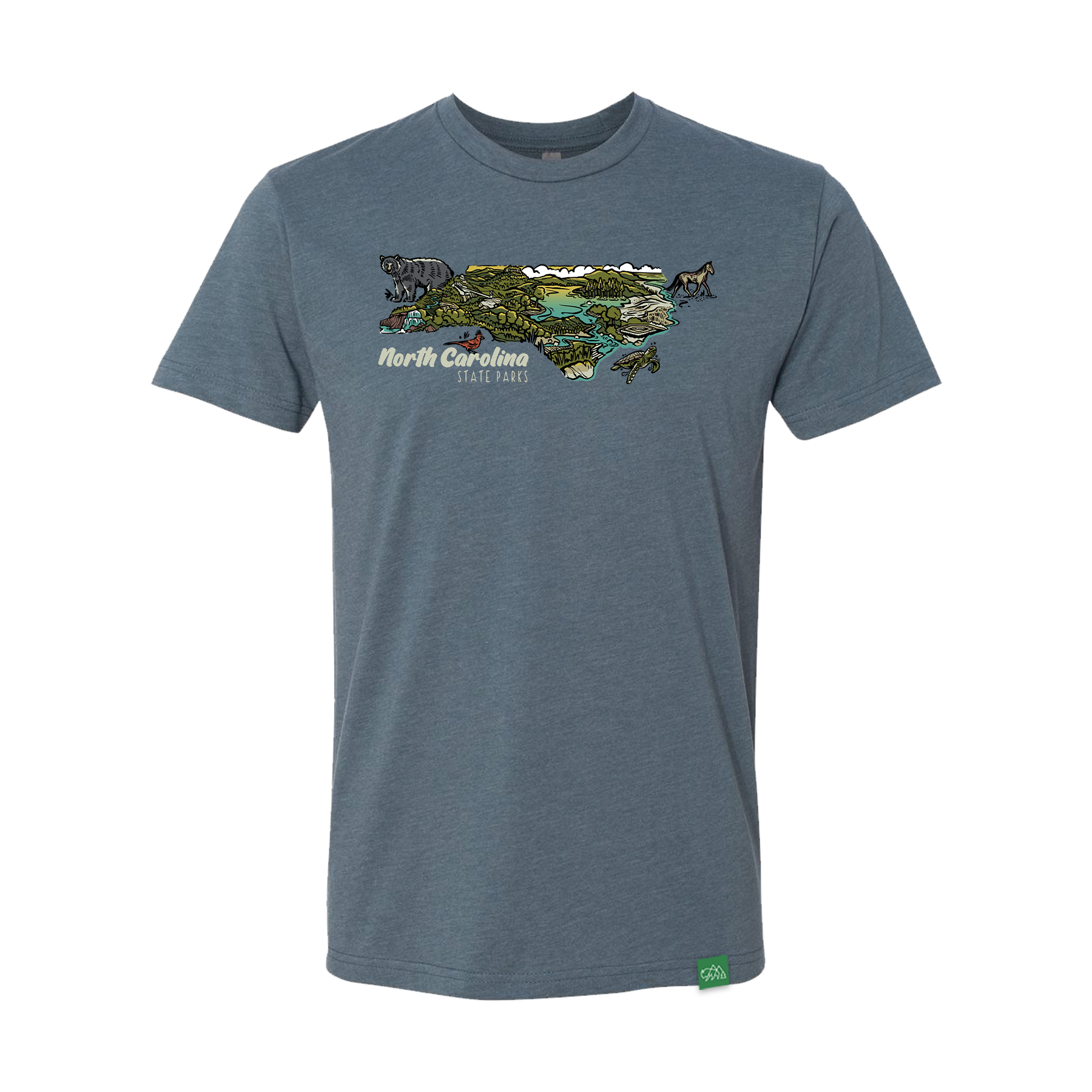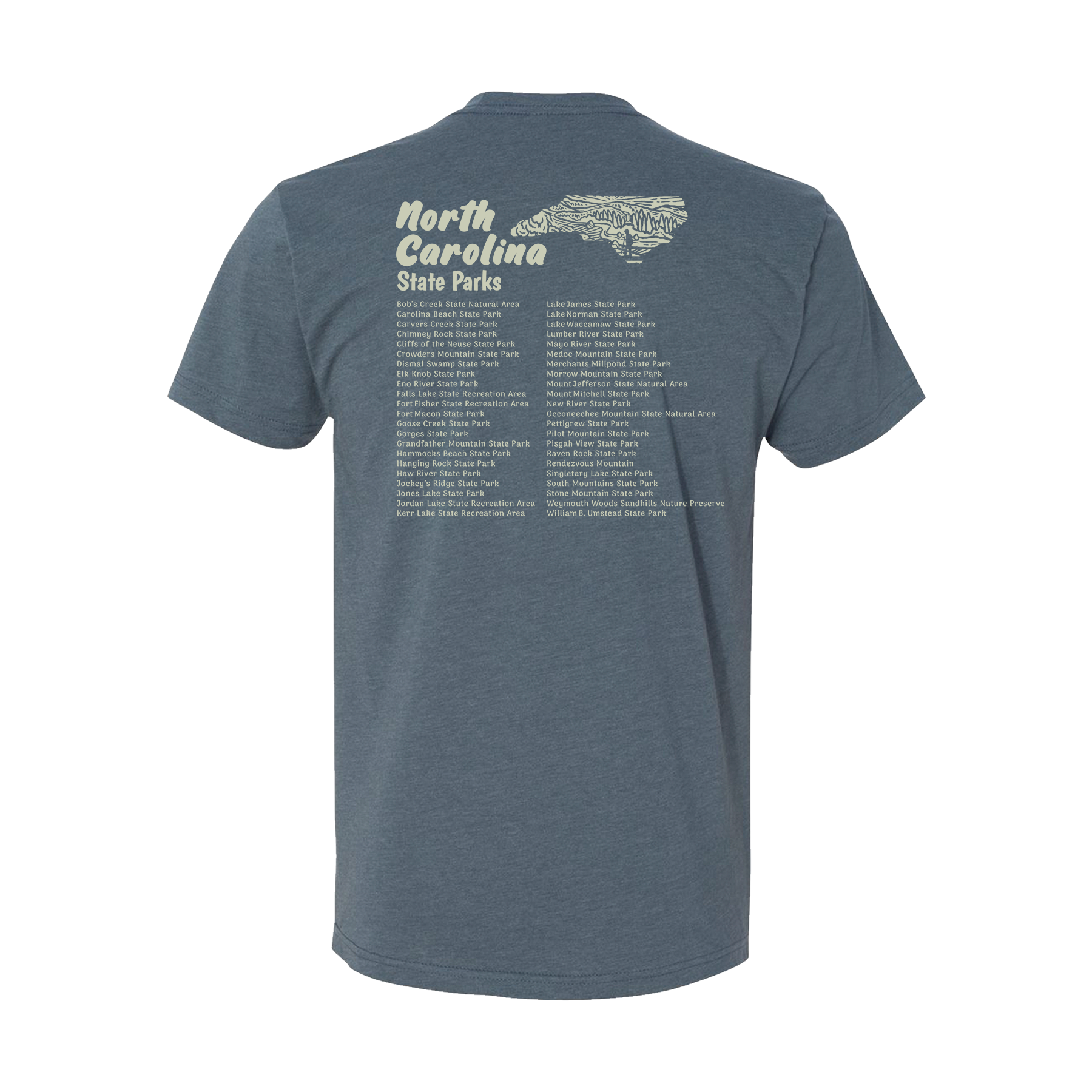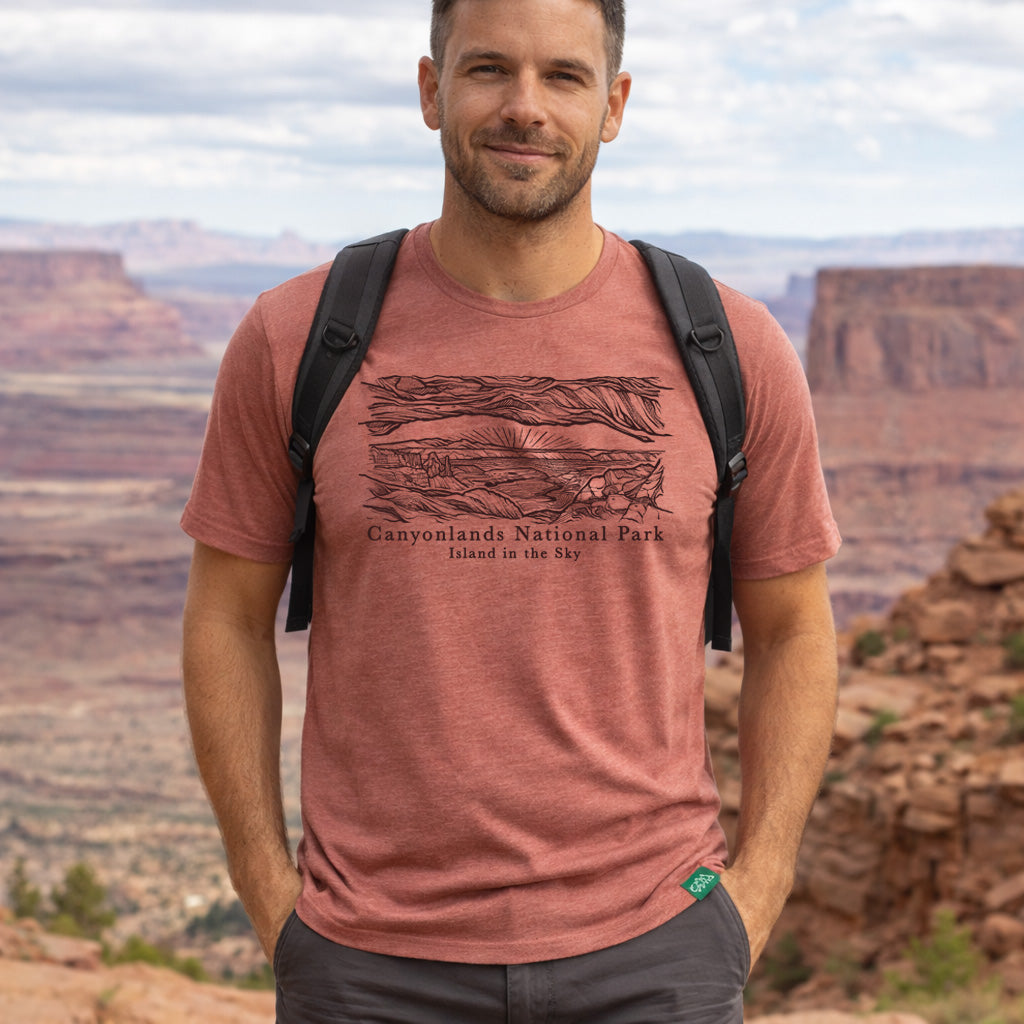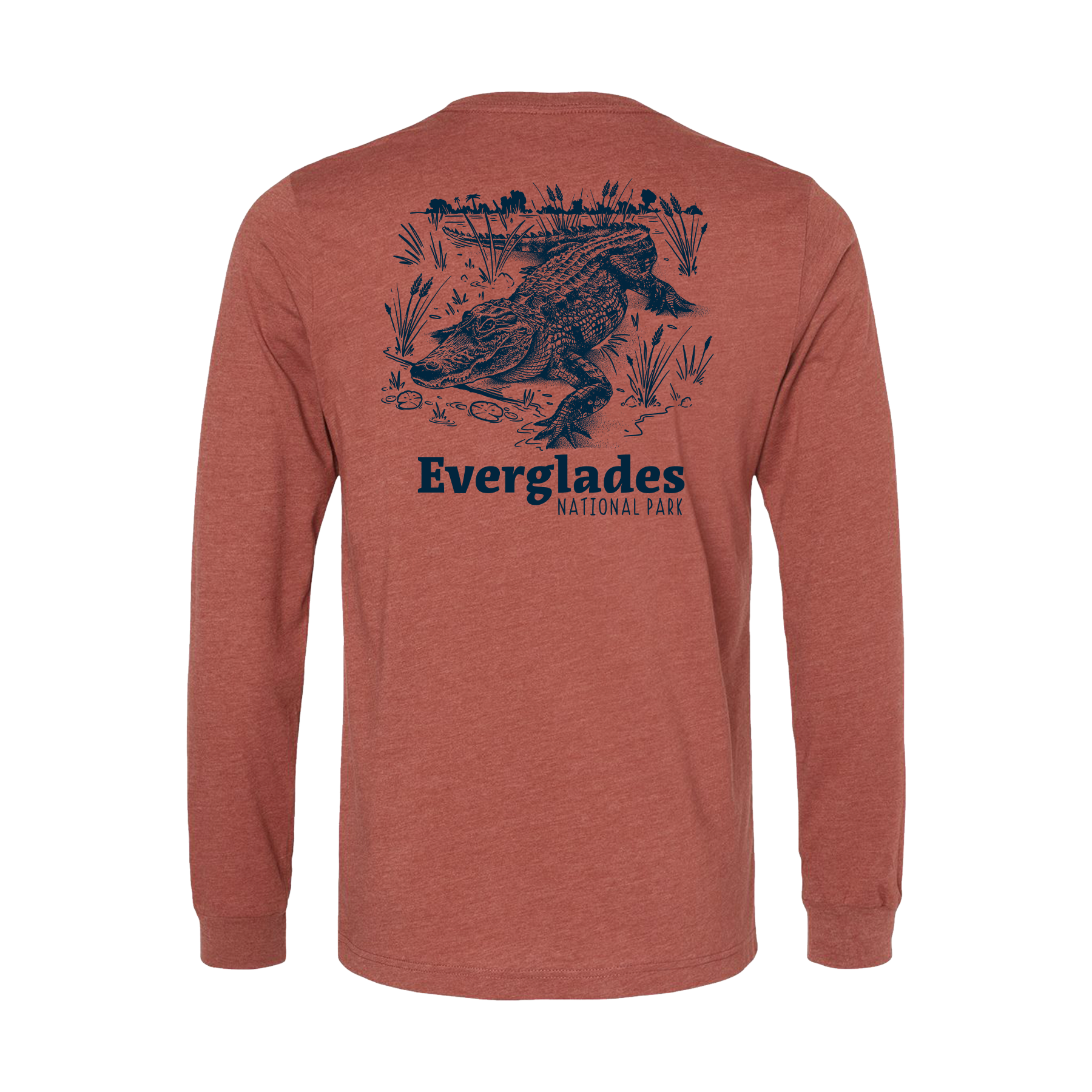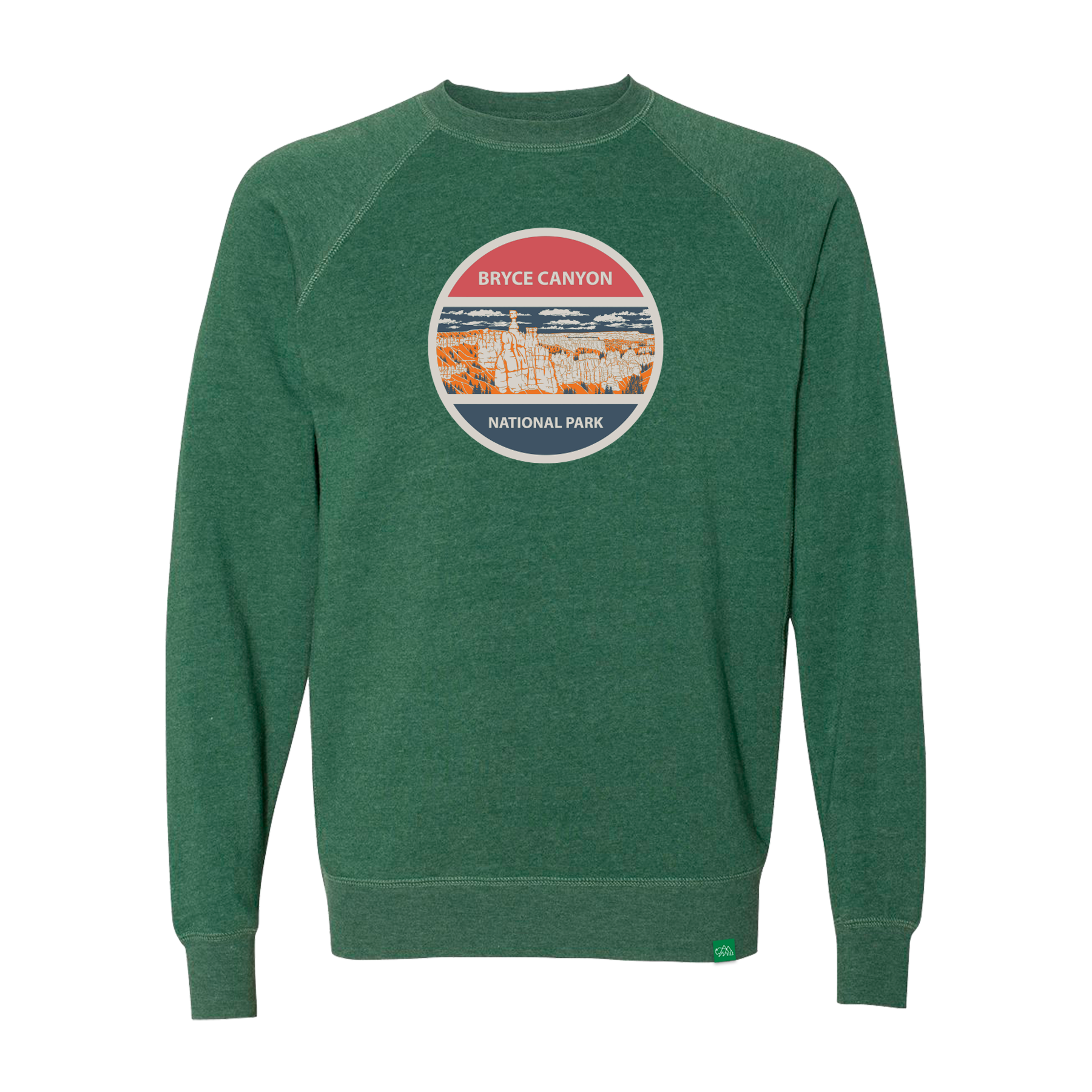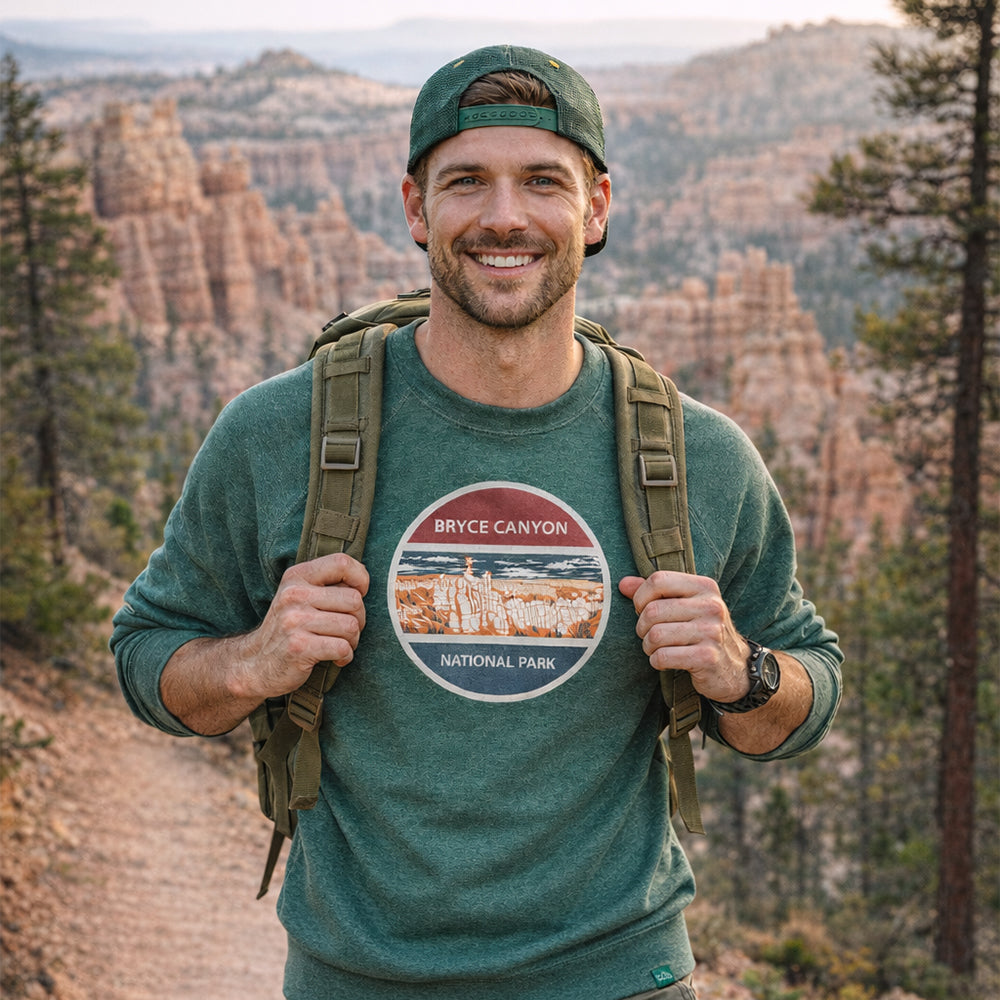Words + Photos by Rebecca Souther
With international travel on hold due to COVID-19, it should be no surprise that Americans are flocking to our National Parks to satisfy their inner wanderlust. With that comes a range of obstacles that outdoors enthusiasts of all skill levels tend to encounter. Whether you’re just now discovering the wonders of our wild spaces, or are a seasoned veteran of the backcountry, it’s always a great idea to familiarize yourself with the 7 Leave No Trace Principles prior to heading out on your next big adventure.

1. Plan Ahead and Prepare
Prepare as much as possible before hitting the road. This includes sourcing as much supplies as you can prior to hitting gateway towns of your favorite National Parks. I always find that meal prepping at home can make a world of a difference when cooking over a campfire/portable stove when it comes to both convenience and disposing of waste.
2. Travel and Camp on Durable Surfaces
Camp and Hike on/in designated areas only. Hiking or camping off trail contributes to erosion and could also harm/disrupt potentially fragile ecosystems. Try to keep in mind that some trails are too narrow to pass others within a safe distance, so it’s always a great idea to keep a bandana, buff, mask, or other face covering on you to protect yourselves and others during these situations- without having to trample wildlife in the process.
 Boxes full of nitrous canisters & other waste hidden behind a downed Redwood on The Avenue of The Giants in Garberville, CA
Boxes full of nitrous canisters & other waste hidden behind a downed Redwood on The Avenue of The Giants in Garberville, CA
3. Dispose of Waste Properly
We get it, when you got to go, you got to go. Plan ahead and prepare to bury all human & pet waste in a 6 to 8 inch hole at least 200 feet away from trails, campsites and water sources. It’s always encouraged to set the example and leave campsites and trails better than you found them. Do a sweep of your campsite before you set up and after you tear down for any inorganic materials and food scraps left behind.
4. Leave What You Find
Leave natural objects and artifacts as you find them. Including, but not limited to- collecting items as “souvenirs”, removing rocks from river beds to create stacks/art (destroys habitats and contributes to erosion), carving names/initials into trees and other natural resources, or spray painting/leaving graffiti on landmarks and other protected areas.
5. Minimize Campfire Impacts
Use existing fire rings if possible, or bring a portable camp stove for cooking. Source firewood locally to reduce the risk of introducing invasive insect species, such as the asian longhorned beetle or emerald ash borer, to new areas. Do not cut down trees or remove limbs/branches from living trees in protected federal areas in an attempt to source firewood. Only collect pieces of downed/dead branches and familiarize yourself with campfire safety prior to getting out into the woods to minimize wildfire risks.

6. Respect Wildlife
Admire wildlife and animals from a safe distance. Your selfie is not worth being impaled by a Yellowstone Bison. It is always in the best interest of both animals and humans by not introducing human foods to animal diets. This puts both animal and human lives at risk when bears and other wildlife start to seek out human food. Be sure to familiarize yourself with food storage safety guidelines at each park and/or invest in a bear-safe canister.

Waste Collected on a mile stretch of trail at Blue Rock Springs Park is Vallejo, CA
7. Be Considerate of Other Visitors
Get familiar with hiking etiquette. It is always courteous to give hikers moving uphill the right of way. If you are descending, move to the side, or wait for hikers to finish making their ascent before barreling downhill towards others. It is also a good idea to make yourself known before passing. A simple, “hello” or “passing on your right/left”, is generally preferred to being snuck up on when on trail.
According to the National Park Foundation, “Each year, the United States generates about 260 million tons of trash – that’s over 4 pounds per person, per day. While approximately one quarter of this trash is recycled, the rest is burned or dumped in landfills.” With pilot programs in parks like Grand Teton, Denali, and Yosemite since 2015, the National Park Service in combination with visitor education and cooperation, is hoping to continue to eliminate landfill waste through recycling and composting initiatives. “Last year alone, they cut the amount of waste going to landfills by nearly half. And since the launch of the initiative in 2015, the three pilot parks have kept more than 16 million pounds of waste out of the landfills!”.
Do your part in minimizing your footprint/impact by educating and familiarizing yourself with local recycling and possibly composting guidelines when visiting parks and while passing through towns on your cross country roadtrips. Keep in mind that no one is perfect, but everyone should do their best to preserve and protect our wild spaces by following the 7 Leave No Trace principles, so they stay wild for generations to come.
Starting with Girl Scouts and eventually leading up to volunteering with her local park authority as a teen, Rebecca Souther has been a Leave No Trace and sustainability advocate for the better part of her life. If not on trail, you can find her either at work or at home, day dreaming about her next outdoor adventure or thru-hike.
Sources:
https://www.nps.gov/articles/hikingetiquette.htm
https://lnt.org/research-resources/waste-in-national-parks/
https://www.npca.org/resources/3243-working-to-significantly-reduce-waste-at-national-parks

